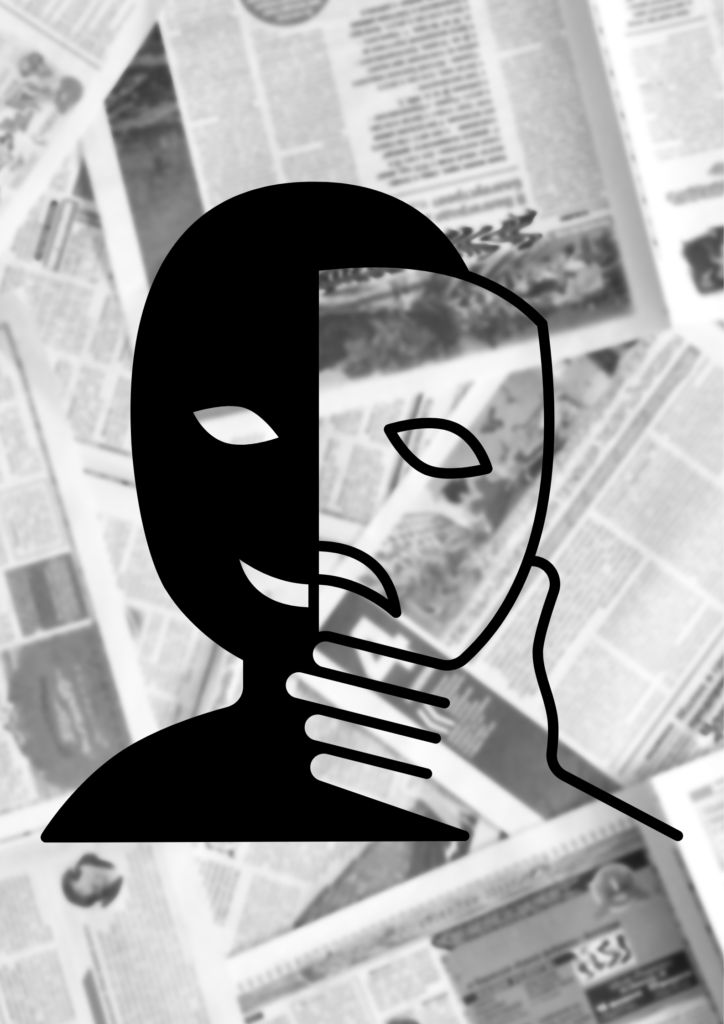The Dangers of Disinformation in the Digital Age

The Information Explosion
The modern era, characterized by rapid technological advancements and global interconnectedness, has ushered in an unprecedented age of information dissemination. While this has undoubtedly led to numerous benefits, it has also created a fertile ground for the proliferation of fake news and misinformation.
The Ease of Creating and Spreading Content
One of the primary reasons for the spread of fake beliefs in the modern age is the ease with which information can be created and disseminated. With the advent of powerful editing tools and social media platforms, anyone can create and share content, regardless of its accuracy or veracity. This has led to a deluge of information, making it difficult for individuals to discern fact from fiction. Moreover, the algorithms used by social media platforms often prioritize content that is sensational or emotionally charged, regardless of its truthfulness. This can contribute to the spread of fake news and misinformation.
The Consequences of Believing in Fake Beliefs
The consequences of believing in fake beliefs can be severe. For individuals, false information can lead to financial loss, damage to reputation, and even physical harm. For communities, fake beliefs can foster division, mistrust, and violence. In the political sphere, the spread of fake news can undermine democratic processes and erode public trust in institutions.
Combating the Spread of Fake News
To combat the spread of fake beliefs, it is essential to cultivate critical thinking skills. Individuals should be encouraged to question the information they encounter and to verify it from multiple sources. Education plays a crucial role in promoting critical thinking and media literacy. Schools and universities should incorporate media literacy into their curricula to equip students with the tools to evaluate information critically.
Additionally, social media platforms and other online platforms have a responsibility to combat the spread of fake news. They can do this by implementing fact-checking mechanisms, labeling false or misleading content, and reducing the visibility of such content in users’ feeds. Governments can also play a role by supporting fact-checking organizations and promoting media literacy initiatives.
In conclusion, the spread of fake beliefs in the modern age is a serious challenge that requires a multifaceted approach. By cultivating critical thinking skills, promoting media literacy, and holding social media platforms accountable, we can work towards a more informed and resilient society.




















